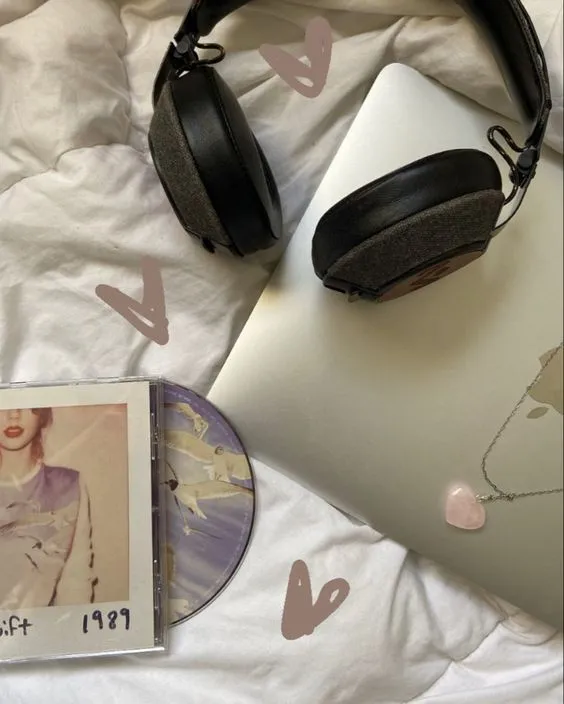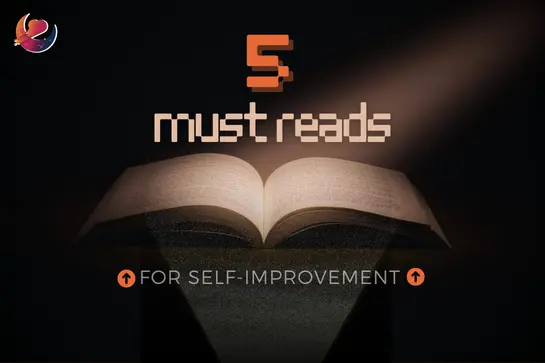By Vedika Patel | 17th May, 2023
Discover the profound influence of music on our lives. From boosting mood and releasing dopamine to improving memory and study performance, explore the ways music affects us. Learn which types of music are ideal for studying and how musical memories are deeply ingrained in our brains. Unleash the potential of music as a tool for personal growth and academic success.
"Music can change the world"
—Beethoven
Introduction
We're all familiar with Beethoven and need help to remember historical dates, facts, and mathematical formulas. However, we have solved the most complex math questions while humming your favorite song. Well! It always happens to me, and I wondered why music does what it does.
Music has steadily and indeed permeated all parts of our lives worldwide. Can you think of any critical moment of your life where music was not there – right from the moment you were born to your graduation and even any demise ceremony – nothing is ever complete without a hint of music? So, it brings us to the purpose of this article – what does music do to us? How can we tap the immense power of this language which yet hasn't been taped to its full potential? Can we use music to improve performance in academics? How?
Music & Mood
Humming to the tune of Ice Spices' newest drop does more than empower you to break the fling off with your situation-ship. These melodies make you feel good! When listening to your favorite songs, your brain releases dopamine—the 'happy' hormone— Not far from its name; this hormone energizes you and improves your well-being and mood! Researchers have even proven that happy and sad tunes stimulate dopamine production, so the next time you feel the tiniest bit of embarrassment for listening to slow, melancholy melodies, know that it does you good!

However, that doesn't mean you should only listen to sad music! After a prolonged period, even these negative lyrics harm you, as your brain LITERALLY absorbs what you listen to. In other words, the more you listen to the same thing, the more you believe and understand it. So, looping Olivia's driver's license isn't the best-case scenario.
Music And Studying: Are They Compatible?
Now let's see how we can use music to improve our learning. Research states that (Saavedra, E. and Alexander, H., 2015) "Active engagement with music can impact the way that the brain processes information, enhancing the perception of language and speech, and subsequently improving our ability to communicate with others and learn to read."
Other studies have even proven that music improves our communication and enhances our attention, as mentioned in the 'Mozart Effect,' which is said to strengthen spatial and temporal performance! Moreover, it also reduces the feeling of anxiety and stress.

Now, this looks like something to us – don't we suffer the most because of stress and anxiety, and don't we all have some or other times feel that it seems to be no escape? Well, now there is – Music – a language of its own. Music may seem very simple and fun, but it has multiple nuances – from the beats to the drops to the pitches, and how can I forget the lyrics and the speed/tempo? Wow! Suddenly I feel so bright that I can learn songs, but yes, music is no laughing matter.
So, what music should YOU listen to study better and more effectively as a struggling student buried 6ft deep in heaps of work? Try out these!
- Classical music, which reports better mood and an increase in productivity! Just as we discussed in the Mozart Effect.
- Timed Tempos! Music time at 60 beats per minute eases people's minds and makes them productive and creative.
- Brown/white noises are now gaining popularity; these empty-like sounds do a lot! Blocking out background noises allows students to focus and relax and even aids with ADHD!
But keep your volume in check so the helpful tunes don't disturb you or others!
Musicophilia
(Fink, J., 2023) "Just as Pavlov's dogs learned to associate food with a ringing bell – and eventually began drooling at the sound of a bell, even when no food was in sight – our bodies actively anticipate pleasure upon hearing familiar notes." This explains why listening to music boosts our memory since so many emotions are involved.
In the famous book Musicophilia, Dr. Oliver Sacks tells the tale of a musician who suffers a devastating brain infection and cannot "retain a memory of anything for more than a blink" or even remember bits of his past. But the shocking thing was he could play pieces of music on the piano and even mouth melodies when conducting a choir. Not only he but many other musicians and non-musicians who suffer from severe amnesia show lasting memory of music.
This is because musical memories tend to be well preserved in the brain, which is also why your parents, or even YOU, remember the lyrics—word to word— for hit songs from the 90s when you were a teeny-weeny baby!
Thumbnail Design by Mudit Jha






Forgot password?
Close message
Subscribe to this blog post's comments through...
Subscribe via email
SubscribeComments
Post a new comment
Comment as a Guest, or login:
Connected as (Logout)
Not displayed publicly.
Comments by IntenseDebate
Reply as a Guest, or login:
Connected as (Logout)
Not displayed publicly.